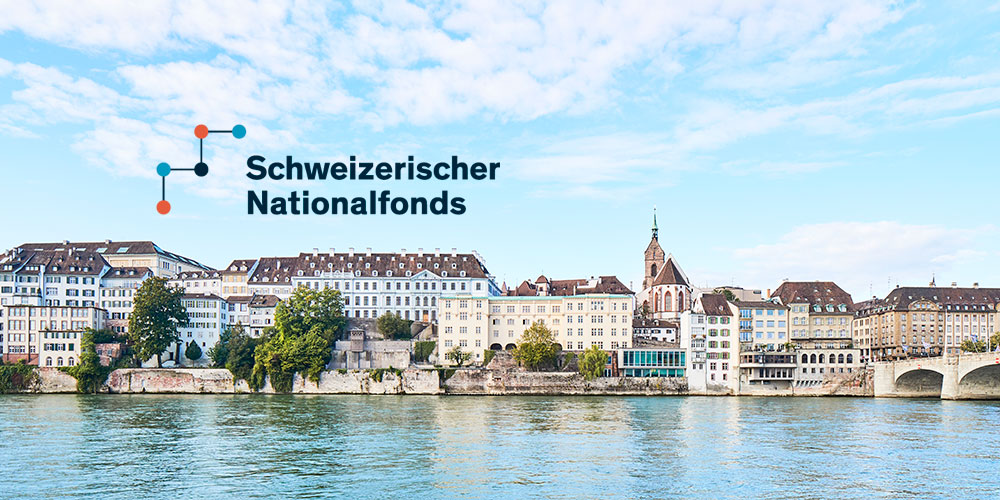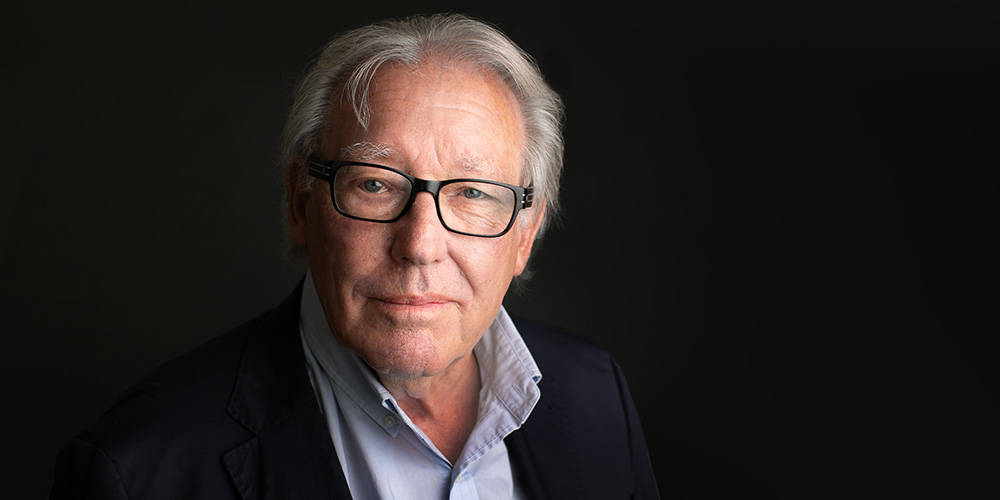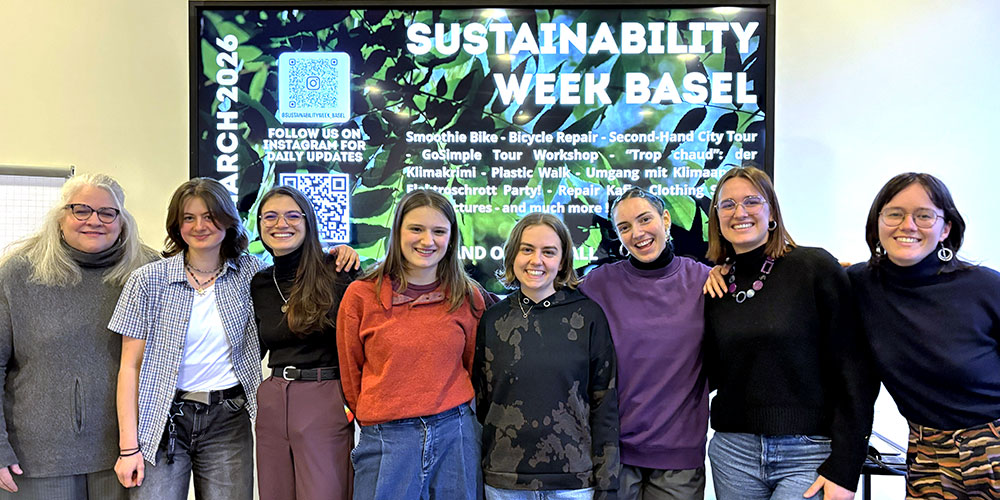Six SNSF Starting Grants for the University of Basel
The Swiss National Science Foundation (SNSF) has awarded another six Starting Grants to University of Basel researchers. The projects come from the fields of biomedicine, chemistry, environmental sciences history and urban studies.
30 November 2023
With their Starting Grants, the SNSF supports outstanding young researchers in Switzerland and enables them to lead a research project with their own team. Grantees at the pre-professorial stage of their careers will receive an appointment as assistant professor, if they haven’t already this position.
The SNSF Starting Grants are a transition measure launched by the SNSF on behalf of the federal government because Switzerland is still considered a non-associated third country in the European research programme Horizon Europe, and researchers in Switzerland are not eligible to apply to the ERC Starting Grant.
In 2023, the SNSF selected a total of 67 projects, six will go to the University of Basel. The scientists will be supported by the SNSF with CHF 1.7 to 1.8 million over a period of five years.
- Dr. Jean-Christophe Beltra aspires to improve immunotherapies in cancer treatment. To this end, he wants to uncover new strategies for rejuvenating exhausted T cells. After completing his undergraduate studies in France and obtaining his doctorate in immunology in Canada, he is currently conducting his postdoctoral research at the University of Pennsylvania. He will start his project at the Department of Biomedicine at the University of Basel in January 2024.
- Prof. Dr. Jonathan De Roo has been an Assistant Professor with tenure track at the Department of Chemistry at the University of Basel since 2019. Prior to that, he conducted research at Columbia University and Ghent University. The aim of his SNSF Starting Grant project is to develop recyclable sponges with programmable structures from metal oxo clusters. These sponges are used as catalysts, for example in the manufacture of pharmaceuticals or in water purification.
- Dr. Karen Dixon joined the Department of Biomedicine at the University of Basel to start her independent research in 2022. Trained as an immunologist in Ireland and the Netherlands she moved to the US to conduct her postdoctoral training at Harvard Medical School and the Broad Institute. Her group investigates the interaction of nerve and immune cells in the tumor microenvironment. In her SNSF Starting Grant project she focusses on ways to exploit the neuronal vulnerabilities of solid tumors. The findings should open up new possibilities for cancer therapy.
- Prof. Dr. Nemiah Ladd has been an Assistant Professor of Organic Geochemistry in the Department of Environmental Sciences at the University of Basel since 2021. She completed her studies and conducted research in the US. She has also worked in the Czech Republic, at ETH Zurich, at Eawag and most recently at the University of Freiburg (D). Her project looks at the effects of long-term droughts on soil organic matter and microbial metabolism in central European forests. Climate change is expected to increase the frequency and duration of dry spells in the future, affecting the amount of carbon that can be stored in soils.
- Dr. Marie Muschalek studied in Hamburg and Paris (Institut d'Etudes Politiques) and obtained her doctorate in the USA (Cornell University in Ithaca). She is currently conducting research at the University of Konstanz. On 1 January 2024, she will move to the Department of History in Basel. Her project explores the practices with which natural history was conducted in the 19th century: animals were killed in order to study and preserve them. Muschalek combines historical, anthropological, art and material studies approaches.
- PD Dr. Julie Ren is currently researching and teaching at the Department of Geography, University of Zurich. She has previously held postdoctoral appointments at the Humboldt University of Berlin and the London School of Economics. Hosted by the Urban Studies Team at the Department of Social Sciences, University of Basel, her project investigates aesthetic forms of defiance by urban residents contesting perceived inevitabilities. Based on this, she develops the concept of "aspirational urbanism" with a focus on Hong Kong and Taipei.



